Pennsylvania private clubs must adhere to specific rules and regulations governed by the Pennsylvania Liquor Control Board (PLCB) and state laws to ensure legal compliance and proper operations․
1․1 Overview of Private Clubs in Pennsylvania
Private clubs in Pennsylvania are organized for specific purposes, such as social, recreational, or civic activities․ These clubs operate under the governance of the Pennsylvania Liquor Control Board (PLCB) and must comply with state laws and regulations․
They often serve as community hubs, offering exclusive amenities to members while adhering to strict operational standards․ Proper governance and legal compliance are essential for maintaining their licensed status and ensuring smooth operations․
1․2 Importance of Adhering to Rules and Regulations
Adhering to Pennsylvania private club rules and regulations is essential for maintaining legal compliance and avoiding penalties․ Clubs must follow PLCB regulations, state laws, and their bylaws to ensure proper governance․ Failure to comply can result in fines, license suspension, or even revocation․ Compliance ensures smooth operations, protects members, and upholds the club’s reputation․ Understanding and adhering to these guidelines is crucial for the club’s long-term success and legal standing․
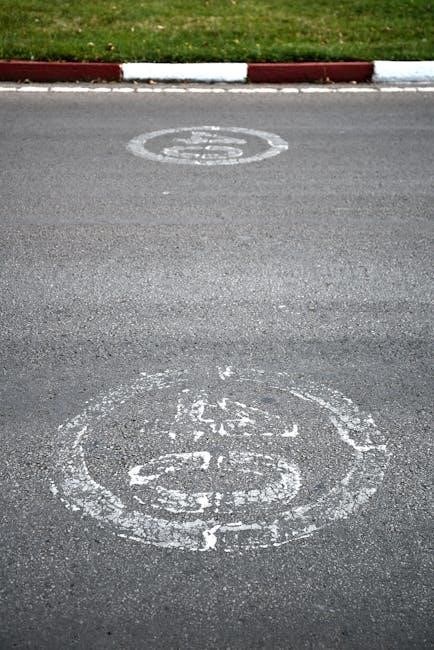
Licensing and Permit Requirements for Private Clubs
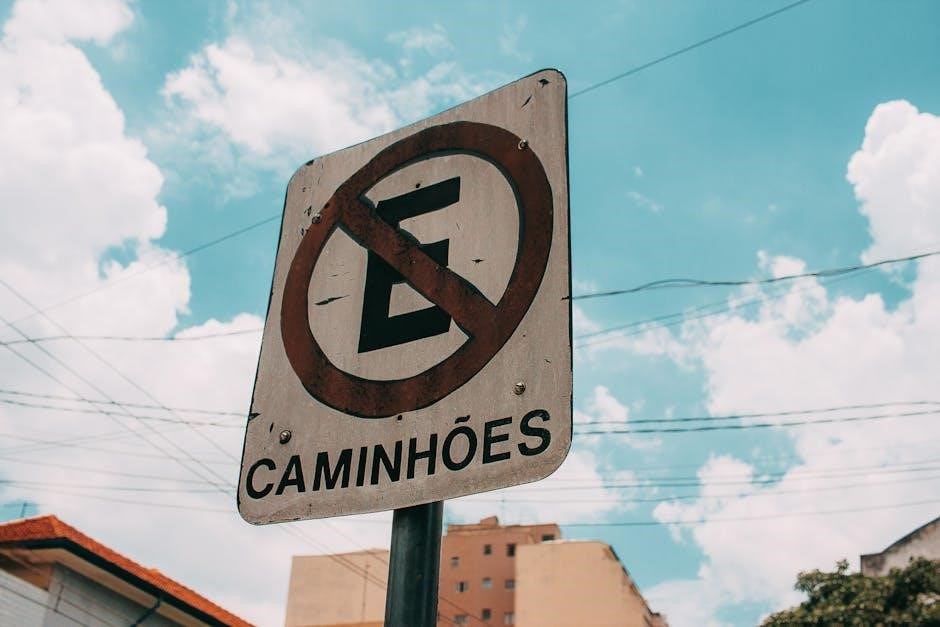
Private clubs in Pennsylvania must obtain specific licenses from the PLCB, such as Club Liquor or Malt Beverage Licenses, to legally operate and serve alcohol․ Compliance is crucial to avoid penalties and ensure proper governance․
2․1 Club Liquor and Malt Beverage Licenses
Club liquor and malt beverage licenses allow private clubs to serve alcohol to members and guests․ These licenses are issued by the PLCB and must be prominently displayed․ Clubs must adhere to specific serving hours, monitor membership access, and maintain compliance with state laws and PLCB regulations to avoid penalties․ Proper record-keeping and adherence to licensing terms are essential for maintaining these privileges and ensuring smooth operations․
2․2 Application Process for Licenses
The application process for club liquor and malt beverage licenses involves submitting detailed documentation to the PLCB․ Clubs must provide proof of organization, membership criteria, and operational plans․ Required documents include a completed application, fees, and a certificate of incorporation․ The PLCB reviews each application to ensure compliance with state laws and regulations․ Once approved, licenses are granted, enabling clubs to legally serve alcohol to members and guests while adhering to all applicable rules and restrictions․
2․3 Renewal and Maintenance of Licenses
License renewal applications must be submitted to the PLCB before the expiration date, with required fees and updated documentation; Late applications incur a $100 additional fee․ Clubs must maintain accurate records, including membership rolls and financial statements, for PLCB inspection․ Compliance with state laws and regulations is mandatory to avoid penalties․ Failure to renew or maintain licenses properly can result in fines, suspension, or revocation, ensuring ongoing legal operation of the private club․
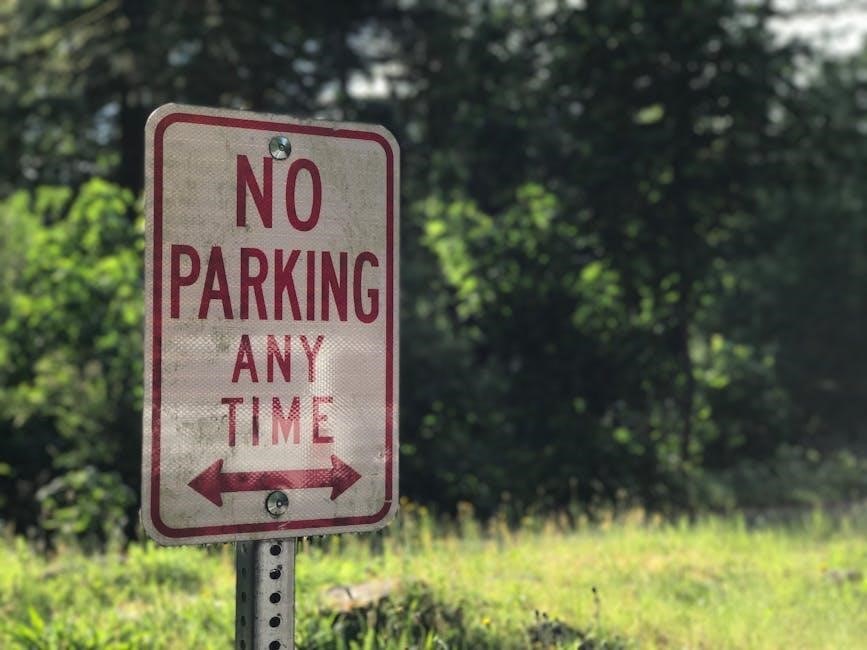
Membership Rules and Regulations
Membership in Pennsylvania private clubs requires adherence to specific eligibility criteria, dues payment, and compliance with club bylaws․ Clubs must maintain accurate member records and ensure fair governance practices․
3․1 Eligibility Criteria for Membership
Eligibility for membership in Pennsylvania private clubs typically involves meeting age requirements, paying dues, and adhering to club bylaws․ Clubs may also require background checks or nominations from existing members․ The PLCB does not regulate membership criteria, but clubs must ensure compliance with non-discrimination laws and maintain accurate member records․ Membership is generally contingent upon approval by the club’s governing body, ensuring alignment with the club’s purpose and values․
3․2 Membership Dues and Financial Obligations
Membership dues and financial obligations in Pennsylvania private clubs are established by club bylaws and must be collected equitably․ Clubs are required to maintain accurate financial records, ensuring transparency and accountability․ Dues fund club operations, amenities, and events, benefiting all members․ Failure to pay dues may result in membership suspension or termination․ Clubs must comply with PLCB regulations regarding financial management to avoid penalties and ensure continued operation․ Proper record-keeping is essential for audits and compliance checks․
3․4 Membership Termination and Suspension
Membership in Pennsylvania private clubs may be terminated or suspended for non-payment of dues, conduct violations, or other reasons outlined in club bylaws․ Clubs must provide written notice and an opportunity for members to address the issue before taking action․ Terminations or suspensions are typically governed by the club’s governing documents and must comply with PLCB regulations․ Proper documentation and adherence to procedural fairness are essential to maintain compliance and avoid disputes․ Clubs must also follow state laws and bylaws when handling such matters․
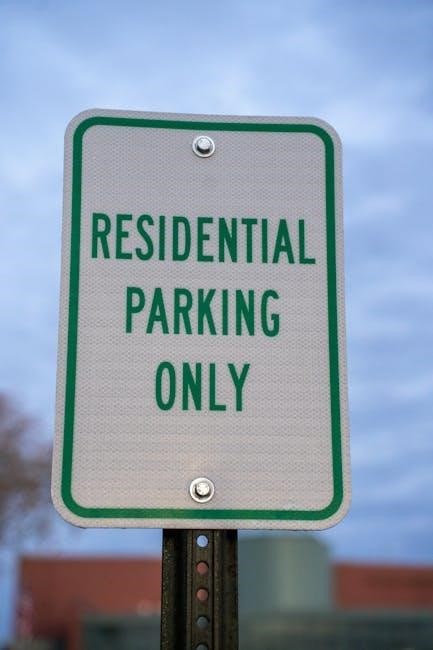
Operational Requirements for Private Clubs
Pennsylvania private clubs must comply with PLCB regulations, adhere to specified hours of operation, follow alcohol service rules, and maintain premises in accordance with state standards․
4․1 Hours of Operation and Restrictions
Pennsylvania private clubs must comply with PLCB-regulated hours of operation, ensuring alcohol service ceases by 2:30 AM․ Clubs must close by 2:30 AM and adhere to restrictions on alcohol consumption․ Members and guests must be at least 21 years old in areas where alcohol is served․ Clubs are also required to follow state laws and local ordinances regarding operating hours, maintaining a safe environment, and ensuring compliance with all regulatory standards․
4․2 Alcohol Service and Consumption Rules
Pennsylvania private clubs must adhere to PLCB regulations regarding alcohol service and consumption․ Alcohol may only be served to members and authorized guests aged 21 or older․ Clubs must ensure proper ID verification and prohibit alcohol service to intoxicated individuals․ All alcohol-related activities must comply with state laws and club bylaws․ Staff must be trained in responsible alcohol management, and clubs are responsible for maintaining a clean, safe environment for members and guests․
4․3 Maintenance of Licensed Premises
Pennsylvania private clubs must maintain their licensed premises in compliance with PLCB regulations․ This includes ensuring cleanliness, sanitation, and safety standards․ Clubs are required to regularly inspect and maintain equipment, such as malt or brewed beverage dispensing systems, to prevent contamination․ Proper record-keeping of maintenance activities is essential․ Failure to adhere to these standards may result in penalties, fines, or license suspension․ Clubs must also comply with health and safety codes to provide a safe environment for members and guests․
Governance and Compliance
Private clubs in Pennsylvania must establish a governance structure adhering to state laws and PLCB regulations, ensuring compliance with bylaws and maintaining proper oversight to avoid penalties․
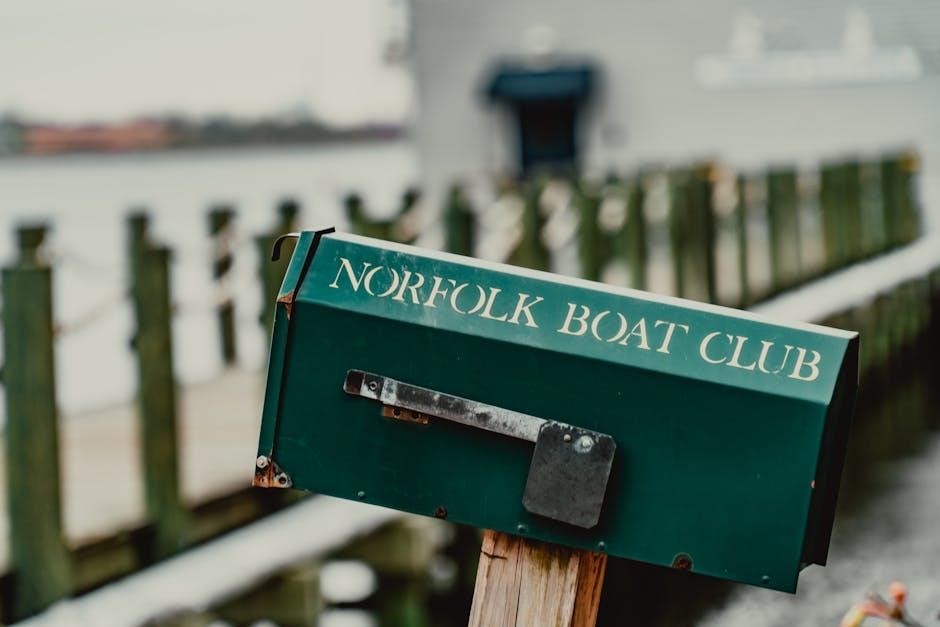
5․1 Role of the PLCB in Regulating Private Clubs
The Pennsylvania Liquor Control Board (PLCB) plays a crucial role in regulating private clubs by issuing licenses, monitoring compliance with state liquor laws, and enforcing penalties for violations․ The PLCB ensures that clubs operate within legal boundaries, maintain proper records, and adhere to health and safety standards․ Regular inspections and audits are conducted to verify compliance, safeguard public interest, and uphold the integrity of the licensing system․ This oversight is essential for maintaining orderly operations and public trust․
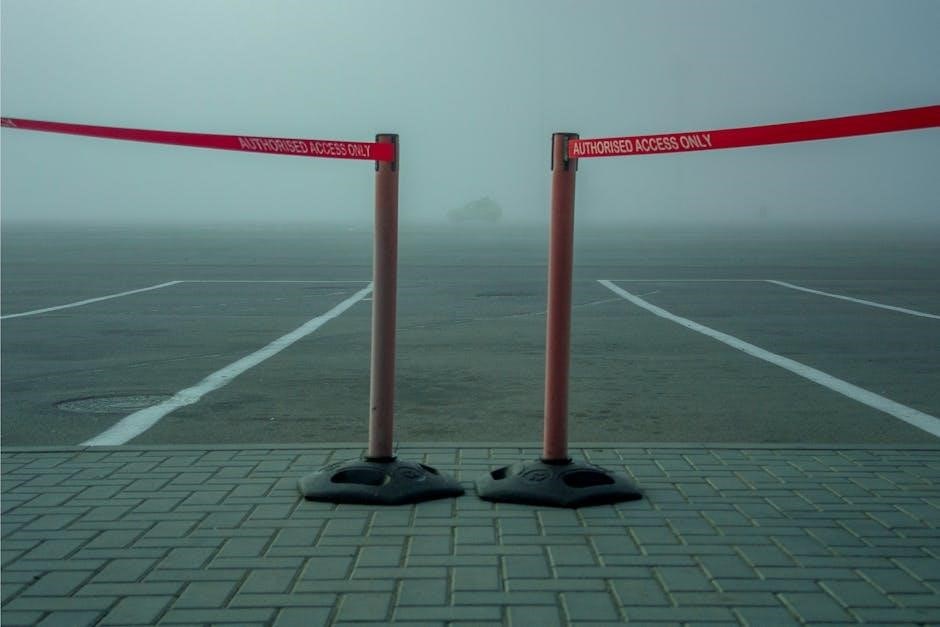
5․2 Compliance with State Laws and Bylaws
Private clubs in Pennsylvania must comply with state laws, including the Pennsylvania Liquor Code, and adhere to their own bylaws․ The PLCB ensures clubs operate within legal frameworks, maintaining proper records and health licenses․ Clubs must charge membership dues, hold regular meetings, and operate for the mutual benefit of members․ Failure to comply with state laws or bylaws can result in penalties, fines, or license revocation, emphasizing the importance of strict adherence to regulatory and governance standards․
5․3 Record-Keeping and Reporting Requirements
Private clubs in Pennsylvania are required to maintain accurate and detailed records, including membership rolls, financial transactions, and operational logs․ Clubs must submit periodic reports to the PLCB, detailing alcohol sales, inventory, and event-related activities․ Proper documentation ensures compliance with state laws and PLCB regulations, while also providing transparency for audits and inspections․ Failure to maintain or submit required records can lead to penalties, fines, or license suspension, highlighting the importance of meticulous record-keeping practices․
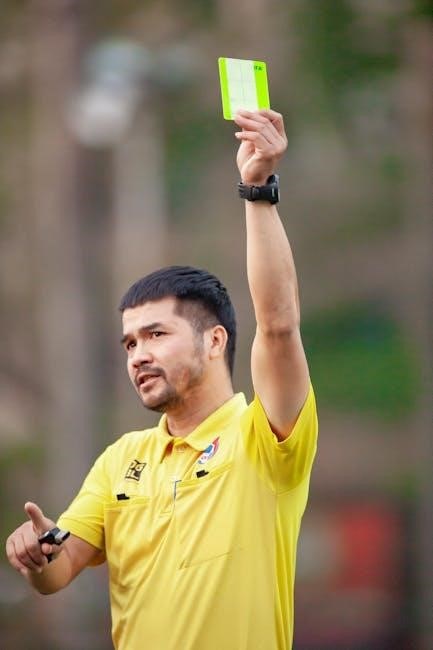
Financial Management and Tax Implications
Private clubs in Pennsylvania must manage funds and expenses transparently, adhering to tax obligations and financial regulations to maintain compliance with state and federal requirements․
6․1 Handling of Club Funds and Expenses
Private clubs in Pennsylvania must maintain detailed financial records, ensuring transparency in handling club funds and expenses․ Clubs are required to charge and collect dues from members as per their bylaws, operating for the mutual benefit of all members․ Proper budgeting, accounting, and reporting are essential to comply with PLCB regulations and state laws․ Clubs must avoid mismanagement of funds, as this can lead to legal consequences․ Regular audits and financial reviews are recommended to ensure accountability and prevent misuse of resources․
6․2 Tax Obligations for Private Clubs
Private clubs in Pennsylvania must comply with state and federal tax laws, ensuring proper reporting of income and expenses․ Clubs are required to maintain accurate financial records, including sales receipts and expense logs, to facilitate tax filings․ Compliance with tax obligations is crucial to avoid penalties and maintain legal status․ Regular audits and adherence to PLCB guidelines help ensure transparency and accountability in tax-related matters for private clubs operating in Pennsylvania․

Legal Definitions and Terminology
Key terms include PLCB (Pennsylvania Liquor Control Board), private club, and licensee, defined under the Pennsylvania Liquor Code to ensure clarity in regulatory compliance and legal operations․
7․1 Definitions Under the Pennsylvania Liquor Code
The Pennsylvania Liquor Code defines a private club as an organization operating for the mutual benefit of its members, with alcohol service incidental to its primary purpose․ A licensee refers to any entity holding a PLCB-issued license, including private clubs․ Other key terms include member (an individual authorized to use club facilities) and bylaws (rules governing club operations)․ These definitions ensure clarity in interpreting and applying regulations for private clubs statewide․
7․2 Key Terms Related to Private Club Operations
Key terms in private club operations include club liquor license, malt beverage license, and memberships․ A club liquor license allows the sale of alcohol to members and guests, while a malt beverage license permits the sale of malt beverages․ Memberships are restricted to individuals meeting eligibility criteria․ Additionally, PLCB regulations and bylaws govern club operations, ensuring compliance with state laws and internal rules․ These terms are crucial for understanding the legal framework of private clubs in Pennsylvania․
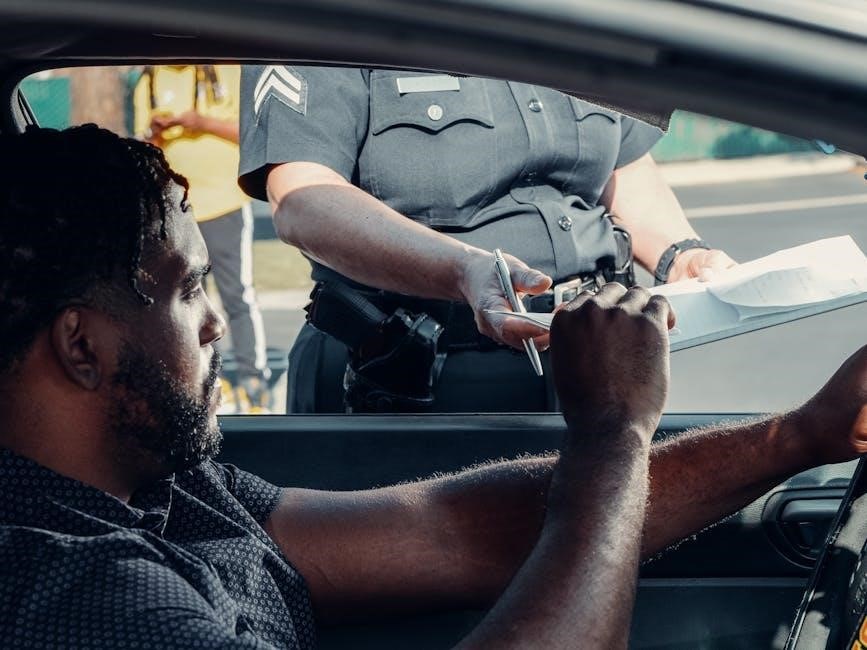
Consequences of Non-Compliance
Non-compliance with PLCB regulations may result in penalties, license suspension, or revocation․ Clubs failing to adhere to state laws and bylaws face legal action and loss of operational privileges․
8․1 Penalties for Violating PLCB Regulations
Violating PLCB regulations can result in monetary fines, license suspension, or revocation․ Clubs may face legal action, increased scrutiny, and mandatory corrective measures․ Repeated offenses can lead to permanent loss of licensing privileges, severely impacting operations․ Non-compliance also risks damaging the club’s reputation and membership trust․ The PLCB enforces these penalties to ensure adherence to state laws and maintain public safety․ Clubs must address violations promptly to avoid escalating consequences․
8․2 License Suspension and Revocation
License suspension or revocation is a severe consequence of non-compliance with PLCB regulations․ The PLCB may revoke a club’s license for repeated or serious violations, such as illegal activities or failure to maintain operational standards․ Suspension temporarily halts operations, while revocation permanently terminates the club’s ability to serve alcohol․ Both actions significantly impact the club’s reputation and financial stability; Clubs must address violations promptly and comply with PLCB directives to avoid losing their licensing privileges and facing permanent closure․